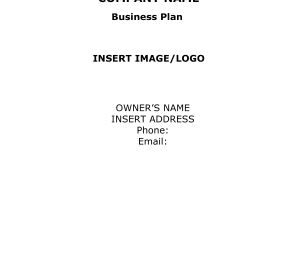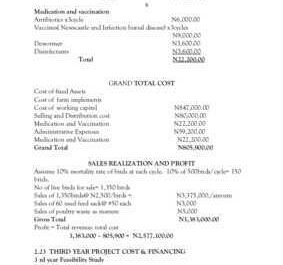What are the legal requirements for selling a business? You are about to sell your business and want to know the legal requirements and associated protocols ? So I advise you to read.
Selling a business is difficult and time consuming. When you decide to sell your business, you want to close the deal quickly and move on to other projects as soon as possible.
Unfortunately, however, this is not a very good approach. You need to spend enough time when selling a business to ensure that every aspect of the transaction is handled perfectly.
There are certain requirements or conditions you need to consider when selling your business. And you need to make sure your agreement to sell the business with the buyer addresses these issues.
Legal matters are very important for businesses and are in fact one of the most important aspects of a business. Considering all the important legal aspects of buying and selling a business can have adverse consequences for both buyer and seller. This explains why all legal requirements for the sale of a business must be met before the transaction is completed.
Now, what are the legal requirements for selling a business ? Read on to find out the 10 most important ones.
1. Letter of Intent
It is a simple document that highlights the basic terms of a transaction, such as the type of purchase ( shares or assets ), a list of the assets to be acquired, the purchase price, the closing date and the specific closing conditions. The letter of intent will also contain confidentiality clauses to ensure that all information provided by the seller about the company is correct.
There are two types of Letters of Intent:
- Mandatory letter of intent
- Optional Letter of Intent
An optional letter of intent does not bind both parties to complete the transaction, but a mandatory letter of intent binds both parties to complete the transaction.
2. Confidentiality agreement
This document prevents a potential buyer from disclosing confidential business information that the seller considers too important to disclose. It also helps prevent potential buyers from duplicating the company’s ideas.
The potential buyer usually has the right to inspect every part of the business and refuse the transaction if he finds anything unfavorable in relation to it. However, the non-disclosure agreement will not allow him to disclose the information obtained during the audit.
3. Basic conditions of the purchase contract
Whether you have agreed to the sale of assets or shares, both parties will need to enter into a larger purchase agreement which will contain all the terms of the agreement.
In the agreement, the seller is required to provide details and representations of the business for sale. This data is factual statements regarding the status or condition of certain items such as inventory, customers, equipment, suppliers, employees, contracts, leases, records, taxes and legal claims. The buyer also wants to be sure that the assets you wish to sell are free from third party claims.
4. Legal requirements
You must comply with all laws applicable to the process of selling your business. For example, the sale of assets will be subject to the provisions of certain laws, depending on the size and nature of the transaction, as well as the location of the business.
5. Complete the fate of employees
One of the legal requirements for selling a business is determining what happens to your employees when you sell your business. In the event of a sale of shares, your employees will remain active even after the conclusion of the transaction. And the buyer will inherit control from your employees.
However, the buyer can declare that they don’t want to hire any or all of your employees and can fire you. In such a case, you must provide notice of termination of these employees or payment in lieu of notice.
6. Contracts with employees
If the buyer wishes to keep your employees, as in the case of a stock sale, you will need to provide a contract that binds the employment of each employee, which will ensure a smooth relationship between them and the new buyer, because the buyer will be able to understand the terms under which they were hired in the first place.
7. Contracts with suppliers
If the company sold manufactures products or depends for any reason on suppliers of certain products, all contracts and agreements relating to the commercial relationship with this supplier must be provided to the buyer. This will ensure a harmonious relationship between them if the buyer decides to continue doing business with them.
8. Research and Consent
The buyers’ lawyer will usually conduct a series of searches against the business for sale or against you, the seller. This is to ensure that no liens on assets belonging to you or the company are recorded. The buyer must also ensure that the company pays its taxes on time.
9. Lack of competition
The buyer may decide that you are not in direct or indirect competition with the business you want to sell. This is done to screen out merchants who might want to take certain actions after a transaction that might be detrimental to the business, such as setting up another business to compete with the one being sold.
10. Other documents
Although the purchase agreement is the main legal agreement binding the transaction, other supporting documents will also be required, including transfer and assignment documents, resignations, releases, white papers, legal opinions, etc. , which may be requested by the buyer.









































